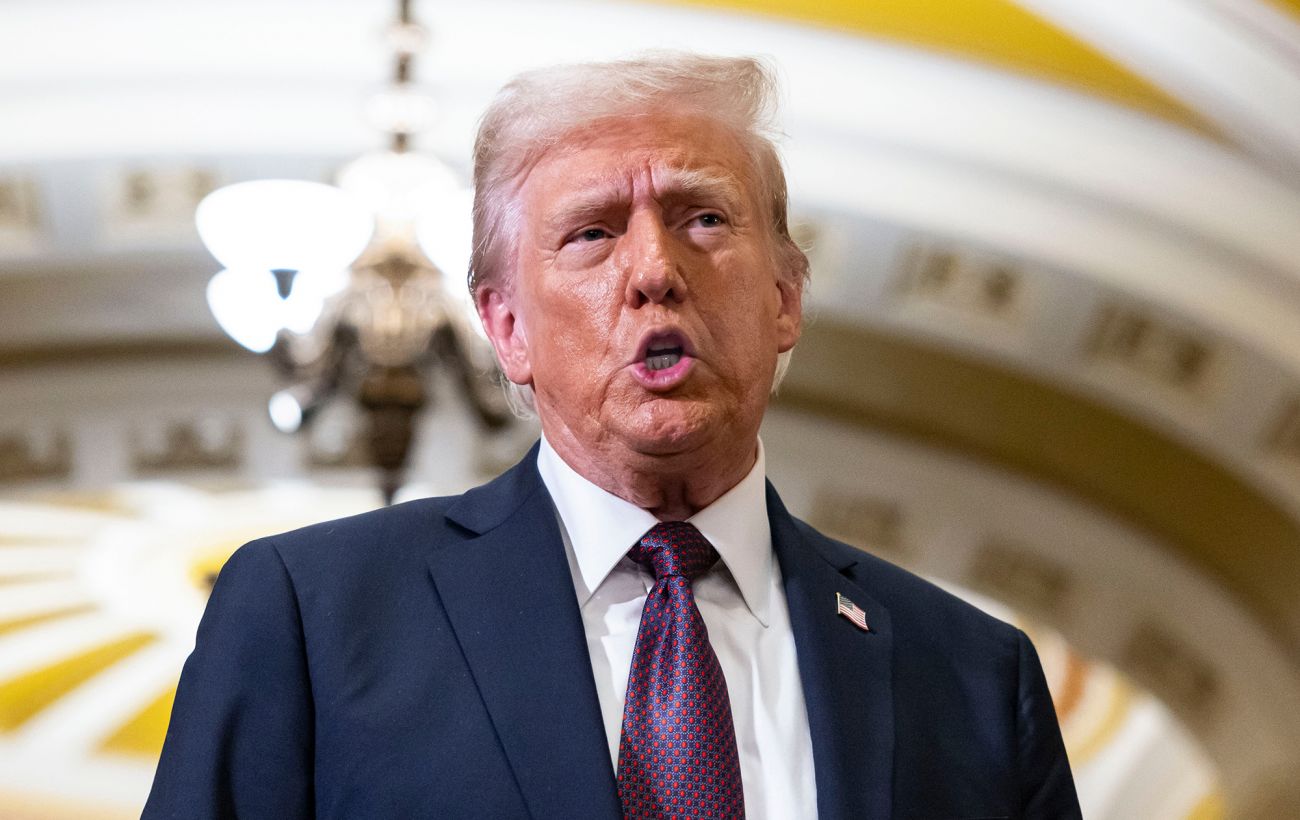Panama: The New Transit Hub for US Deportees
Discover how Panama has become a temporary haven for deportees initially held in luxury hotels before their uncertain journeys continue. The complex international dynamics reveal a multifaceted crisis.
Published February 20, 2025 - 00:02am

Image recovered from arabnews.com
In the heart of Panama City, the luxurious Decapolis Hotel has been transformed into an unlikely refuge for approximately 299 migrants deported from the United States. This development follows an agreement between Panama and the US, amid heightened geopolitical tension, to use Panama as a transit country for those deported under US immigration policy, particularly during President Donald Trump's administration.
The deportees originate from a variety of countries, predominantly in Asia, such as Iran, India, Afghanistan, and China. Due to diplomatic complexities, direct deportations to their homelands present significant challenges. Consequently, Panama, alongside Costa Rica, is providing temporary sanctuary to these individuals. This move is not without controversy, as it underscores broader issues of migration management and human rights concerns.
Frank Abrego, Panama's Security Minister, assured that the migrants, while under strict guard, are not being detained but rather protected as part of the bilateral arrangement. The US covers the financial logistics of these operations, although the implications for Panama remain profound. The government faces intense scrutiny over the well-being of these migrants, many of whom express genuine fear for their safety should they return to their native countries.
Reports of migrants displaying distress signals, such as white flags and handwritten pleas for help in hotel windows, have further amplified international attention. Concerns raised include potential mistreatment and the psychological toll of indefinite confinement. Some migrants have voiced their desperation over potential reprisals upon returning to unstable or hostile regions.
Humanitarian organizations, including the International Organization for Migration and the UN Refugee Agency, are actively involved. They aim to facilitate voluntary repatriation where possible or find alternative safe-harbors for migrants fearing severe persecution. Panama's commitment to safeguarding these individuals as talks with other nations continue reveals the delicate balance between international cooperation and the sovereignty of nations facing unprecedented migration waves.
This episode highlights the fragility of international migration strategies and the ethical obligations of involved countries. The Panamanian government, while navigating internal political pressures, especially concerning the status of the Panama Canal, faces the challenge of maintaining security while upholding human dignity.
The tension in the Americas mirrors global challenges of migration, where legal, economic, and humanitarian concerns often intersect, leading to complex diplomatic negotiations. As Panama serves as a temporary 'bridge,' the international community observes closely, contemplating the broader ramifications of such policies on migration trends and human rights practices worldwide.







